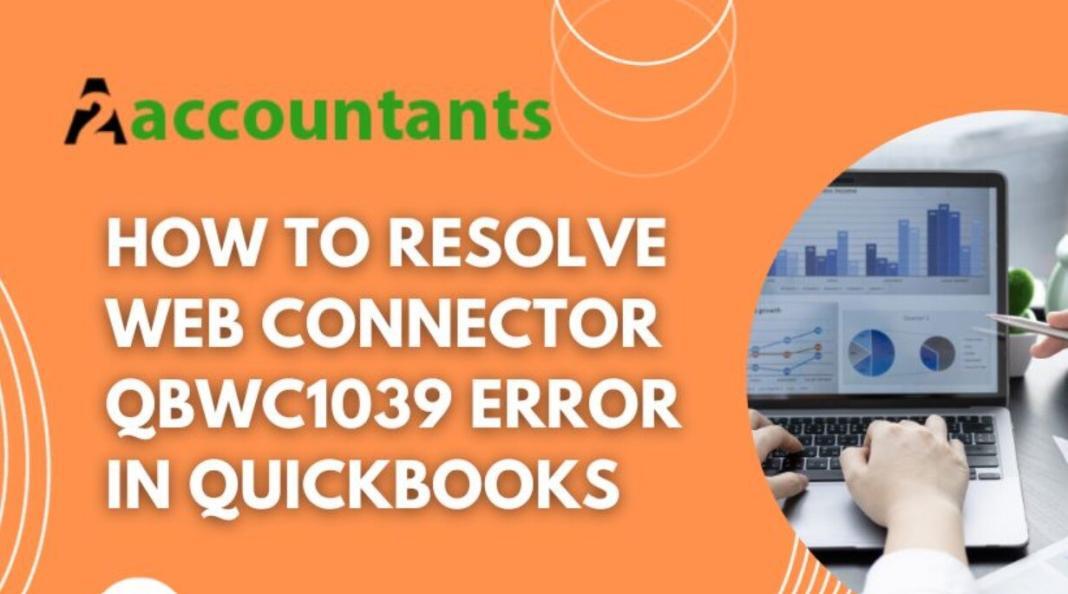In this article, we will explore the numerous benefits of automating QuickBooks data entry. Whether you are a small business owner or a financial professional, QuickBooks is likely a critical tool for managing your financial records.
By automating data entry in QuickBooks, you can save time, reduce errors, and streamline your financial processes. Let’s delve into the advantages of this automation and how it can positively impact your business.
Time Savings
One of the most significant benefits of automating QuickBooks data entry is the time savings it offers. Manual data entry can be a tedious and time-consuming task, especially if you have large volumes of data to input.
With automation, you can eliminate the need to manually enter data into QuickBooks, freeing up valuable time for more strategic and important tasks.
Automated data entry tools can quickly import data from various sources, such as invoices, receipts, and bank statements, directly into QuickBooks.
This eliminates the need for manual transcriptions and copy-pasting, saving you precious hours that can be better spent on analyzing financial information, making decisions, or growing your business.
Error Reduction
Another notable advantage of automated QuickBooks data entry is the reduction in errors. Human errors are inevitable when performing repetitive tasks like data entry, especially when dealing with large amounts of data. These errors can lead to inaccuracies in your financial reports and potentially cause significant issues for your business.
Automated data entry tools are designed to minimize errors by accurately capturing and inputting data into QuickBooks. These tools utilize advanced technologies like optical character recognition (OCR) to extract information from invoices, receipts, and other documents with high precision.
By eliminating manual data entry and relying on automation, you can greatly reduce the risk of error and ensure the integrity of your financial data.
Streamlined Workflow
Automation of QuickBooks data entry also contributes to a streamlined workflow within your organization. By eliminating the need for manual data entry, you can expedite the processing of financial information and improve the overall efficiency of your operations.
With automated data entry tools, you can set up predefined templates and rules that govern the importation of data into QuickBooks. This ensures consistency and standardization, reducing the time spent reviewing and correcting errors.
Additionally, automation allows for seamless integration with other systems, such as your CRM or inventory management software, enabling real-time data syncing and enhanced collaboration between departments.
Improved Accuracy and Compliance
Ensuring accurate financial records and compliance with regulatory requirements is crucial for any business. By automating QuickBooks data entry, you can significantly improve accuracy and maintain compliance with accounting standards and regulations.
Automated data entry tools not only reduce the risk of human error but also provide validation checks and data cleansing capabilities. These features help identify and correct inconsistencies, duplicate entries, or missing information, ensuring the accuracy and reliability of your financial data.
Furthermore, automation enables the automated generation of audit trails, making it easier to track and validate data changes for compliance purposes.
Enhanced Data Analysis
Automated QuickBooks data entry opens up exciting opportunities for enhanced data analysis and reporting. With accurate and up-to-date financial data at your fingertips, you can generate insightful reports, analyze trends, and make data-driven decisions more effectively.
By eliminating manual data entry, automation reduces the time lag between data capture and availability in QuickBooks. This means that your reports are always based on the latest data, providing you with a real-time view of your financial performance. Additionally, automation tools often offer customizable dashboards and visualization options, allowing you to present financial information in a visually appealing and meaningful way.
The Basics of QuickBooks Automation
QuickBooks and Automation: A Symbiotic Duo
Embark on a journey where QuickBooks seamlessly integrates automation into your financial record-keeping. By understanding its automated features, you can effortlessly streamline your transaction recording process.
The Role of AI in QuickBooks
Explore how QuickBooks utilizes AI to recognize and categorize transactions accurately. Discover the benefits of leveraging AI for a more intelligent and efficient financial management system.
How QuickBooks Simplifies Transaction Recording
User-Friendly Interface: A Boon for Non-Accountants
Delve into the intuitive design of QuickBooks, making transaction recording accessible to individuals without an accounting background. Experience the ease of navigating through the software’s user-friendly interface.
Transaction Categories Made Simple
Unlock the secret to QuickBooks’ automatic categorization of transactions. Learn how the software assigns appropriate categories, saving you time and reducing the likelihood of errors in your financial records.
Does QuickBooks Automatically Record Transactions?
Yes, QuickBooks does indeed automatically record transactions. Discover the mechanisms behind this automation and how it can revolutionize the way you manage your financial data.
Conclusion
As a QuickBooks user, embracing automation for your data entry needs can bring numerous benefits to your organization. By automating QuickBooks data entry, you can save time, reduce errors, streamline workflows, improve accuracy and compliance, and enhance data analysis capabilities. With advancements in technology, automated data entry tools are becoming increasingly accessible, affordable, and user-friendly.
Consider exploring the automation options available to you and take advantage of the benefits they offer. By doing so, you can optimize your financial processes, make more informed decisions, and focus your valuable time and energy on growing your business.
You may also like,







